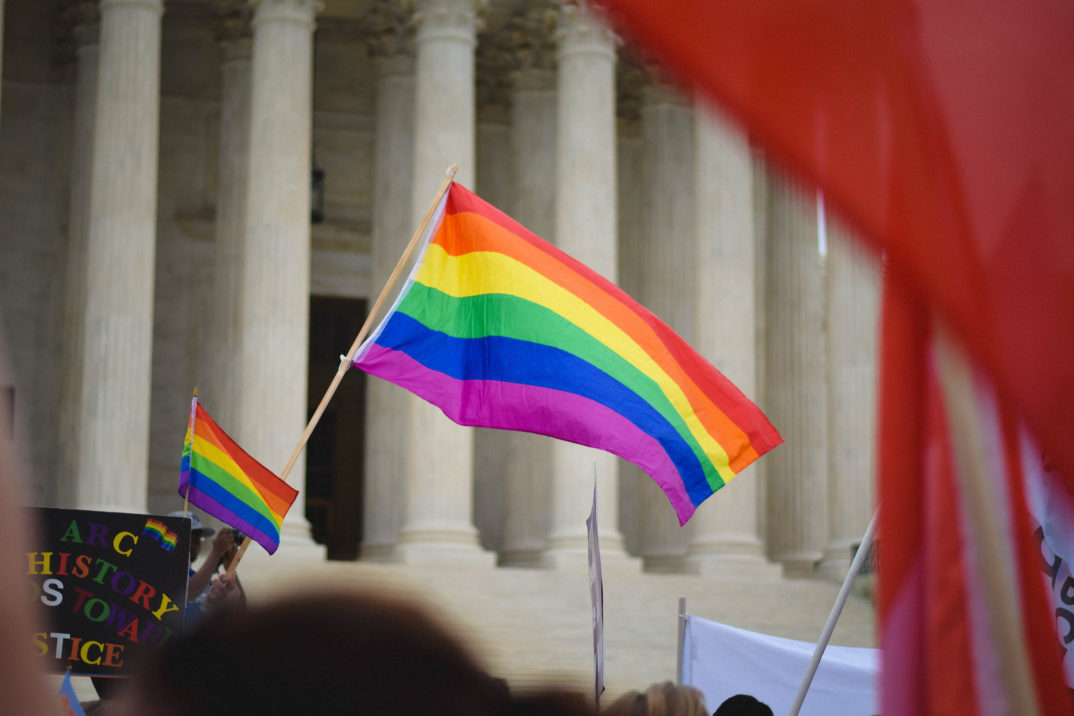Social Change through Democracy: Same-Sex Marriage in Australia
Last month I made my first visit to Australia and was continually struck by the how different the country is from the US. The scrubby outback, the bouncing marsupials, people saying “no worries” constantly—they all reminded me that I wasn’t in Kansas anymore (or in my home state of Texas). But there was also a difference in what was on the news. Australia’s marriage equality vote was a constant topic, which seemed peculiar; peculiar because the vote was taking place now, when same-sex marriage was legalized in the US two years ago, and peculiar also because of the role of voting. In the US, a Supreme Court decision established marriage equality in 2015.
When we first arrived in Australia at the beginning of September, the nation’s highest court was deciding whether it was constitutional for a postal survey to take place, and the process was upheld. Prime Minister Malcolm Turnbull had wanted a “plebiscite” involving mandatory in-person voting (another major difference from the US: voting can be mandatory in Australia), but there would just be a non-binding survey by mail. Ballots were sent out starting the second week of September and have to be returned by November 7. If the majority votes Yes, then the legislature will take a “conscience” vote on the matter (yet another major difference from the US: sometimes legislators must vote along party lines). The legislature is expected to legalize gay marriage, if it has the chance.
Marriage equality campaigners worry that the voluntary nature of the vote could tilt the outcome to No. Though opinion polls show the majority do support same-sex marriage, they worry that those motivated enough to vote understand the mechanics of snail mail better, but support same-sex marriage in smaller numbers, compared to younger voters. However, current opinion polls show that Yes is in the lead, and they also show that this should hold steady, if people who say they intend to vote actually send in their ballots.
It seems odd to me for same sex couples in Australia to have to ask for their fellow citizens’ approval before they marry. This would be like, in previous eras, black people or women having to get majority support before they could vote, or mixed-race couples having to get majority support before they could marry. Where an issue concerns fundamental rights, many of us in the US want the issue to be resolved by people competent to reason about rights, under our constitution. Neither the population at large, nor our elected representatives, can be counted on to think such issues through in the appropriate, rights-oriented terms. Our Supreme Court made the decision about same-sex marriage in the US, and that seems exactly as it should be.
But perhaps there are some points in favor of the Australian approach. If the outcome is that same-sex marriage is legalized, it will be legalized with explicit majority approval. In the US, same-sex marriage became legal in every state because of the 5-4 opinion of our highest court, but without the manifest support of the populace. Though opinion polls showed supporters were in the majority in 2015, such polls don’t have the same credibility as a result arrived at by voting. The minority in the US who still intensely oppose same-sex marriage may feel like they’ve been rushed into a new world, and that may be part of the reason why politics in the US has taken a turn for conservatism, nationalism, and outright bigotry.
It’s also quite possible that on some issues, positive change can be achieved more quickly through more democratic means than in any other way. Russell Blackford, an Australian philosopher and writer, points out that Australia’s remarkable progress on gun control (another example of a huge difference from the US) was achieved because of popular support, and not through court verdicts. When it comes to gun control, the US is hampered by the rights approach, which is anchored by our frustratingly ambiguous Second Amendment. Majorities want more gun control legislation than the Supreme Court will allow.
Setting aside worries about the democratic process itself, it’s to be hoped that people cast their vote after taking into account the most relevant considerations. The issue is not what you prefer for yourself or your neighbors, or what your religion prefers, or how you feel about double-bride or double-groom weddings. It’s what people have a right to, in a fair and egalitarian society. Many people in the US changed their mind about gay marriage when they started thinking in those terms, just like five of our Supreme Court justices did.





